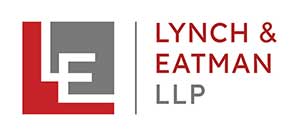Starting a new business is an exciting time for many people in North Carolina and throughout the United States. Small businesses are critical to the local economy and help to fuel growth within the community. Once you have an idea of what type of business you would like to create, you must find a way to finance your venture. Whether this is your first business or you have several companies under your sleeve, most new business will require some form of financial assistance.
If you are a first-time business owner, you may be eligible for a startup loan from the U.S. Small Business Association or a similar organization. Startup loans often offer great terms and incentives, including longer repayment timeframes and lower interest rates. Conventional bank loans are an option for small business owners as well. Conventional lenders may require you to provide personal financial records and information for their review, and the loans are often times secured by collateral and/or a personal guaranty of the debt. Many conventional lenders also offer several different types of loans, including lines of credit, construction loans, equipment financing and much more.
Once you have determined what kind of financing you need and negotiated the economic terms of your financing arrangement, it is important to understand the details of your obligations and the rights of your lender. While no business owner wants to imagine a scenario in which they cannot repay their debts, it is important to ensure your rights are protected in the event circumstances beyond your control prevent you from fulfilling the obligations owed to your lender. If you need help reviewing or negotiating the terms of a loan application, loan agreement, guaranty agreement or other loan documents, the attorneys at Lynch & Eatman, L.L.P. can help.

